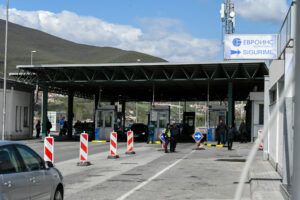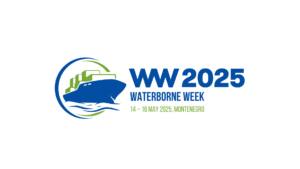RIGA – The Transport Community’s Technical Committee on Transport of Dangerous Goods gathered its members for the Committee’s 16th meeting and a workshop on the Regulation concerning the International Carriage of Dangerous Goods by Rail (RID) in Riga, Latvia on 10-12 December. The meeting particularly focused on the role of competent authorities in relation to the safety obligations of the participants.
The event is organised by the Permanent Secretariat of the Transport Community in cooperation with the Latvian authorities – Latvian State Railway Technical Inspectorate, and the Consumer Rights Protection Centre. It also benefits from the inputs of experts of the European Union Agency for Railways (ERA), the Intergovernmental Organisation for International Carriage by Rail (OTIF), the French Ministry of Ecological Transition, Energy, Climate and Risk and the French National Institute for Industrial Environment and Risks (Ineris).
The workshop is the result of requests addressed by the Government of Georgia to get more insights into the requirements of the Annex to the Regulation concerning the International Carriage of Dangerous Goods by Rail (RID) which is being implemented across the EU member states.
As a new 2025 version of RID is entering into force on 1 January 2025, the event discussed a summary of the newly adopted provisions in connection with the general rail safety regulations.
Representatives of the European Union Agency for Railways (ERA) presented the procedures for safety management systems, the role of the dangerous goods safety advisors and the authorisation and maintenance procedures for wagons.
At the Technical Committee’s previous session, questions were raised by the Energy Community concerning the rules applicable for transport of battery storage systems. As batteries are a source of constant technical and scientific progress, the French team leading the negotiations at the UN on this subject presented the latest evolutions in this field and the way it influenced RID and ADR.
Procedures for market surveillance and relationship between notified bodies and authorities under Directive 2010/35/EU were also discussed as transposition of this legal act is the main key performance indicator for 2025.














